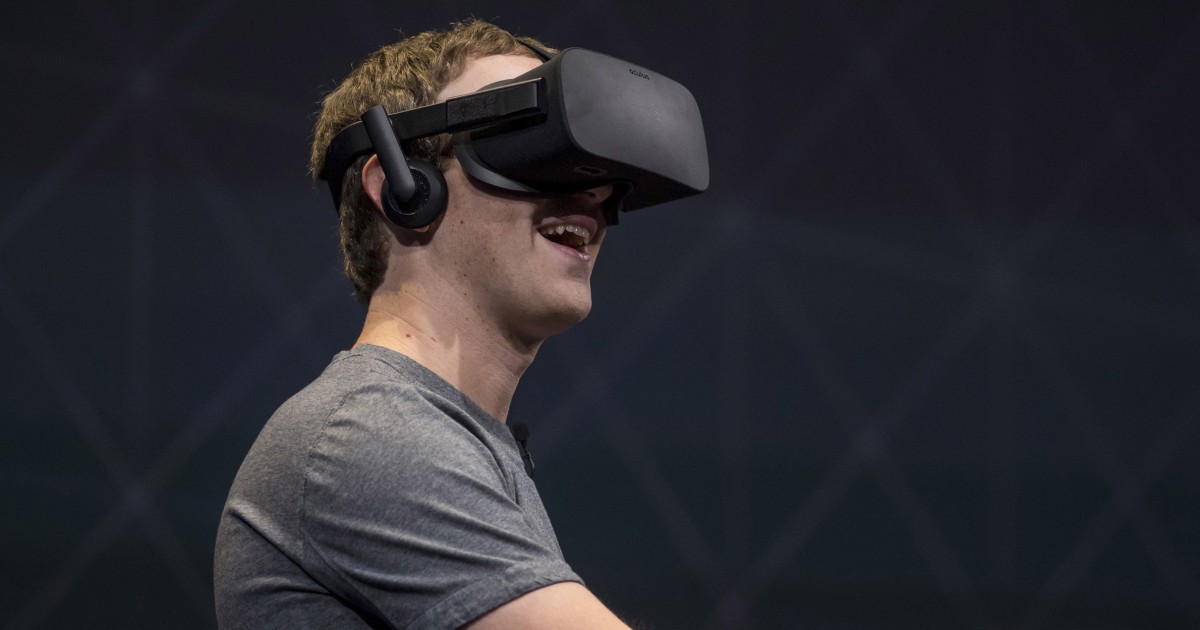Meta's VR Headset Set to Revolutionise Military Training – But at What Cost?

Meta, formerly Facebook, is facing renewed scrutiny as it ventures further into the realm of military technology. The company, led by Mark Zuckerberg, is collaborating on the development of a cutting-edge, AI-powered virtual reality (VR) headset specifically designed to train members of the armed forces. This move sparks significant debate about the ethical implications of tech giants partnering with defence organisations and the potential for misuse of advanced AI technologies.
The Project: Immersive Training for Modern Warfare
The headset, reportedly being developed in conjunction with defence contractors, promises to offer incredibly realistic training simulations. Soldiers can practice combat scenarios, navigate complex environments, and learn vital skills in a safe, controlled virtual setting. The integration of Artificial Intelligence (AI) allows for adaptive training, where the system adjusts the difficulty and challenges based on the trainee's performance. This personalised approach aims to accelerate learning and improve overall readiness.
Why Meta? The Appeal of Advanced VR Technology
Meta’s expertise in VR technology, honed through its Oculus division, makes it a natural partner for military applications. The company has invested heavily in developing advanced VR hardware and software, including sophisticated tracking systems, high-resolution displays, and intuitive user interfaces. Their existing technology provides a strong foundation for building realistic and engaging training environments. Furthermore, Meta’s AI research capabilities are crucial for creating adaptive and intelligent training programs.
Ethical Concerns and Public Backlash
This isn't Meta's first foray into potentially sensitive areas. The company's history of data privacy controversies and its role in spreading misinformation have already eroded public trust. This latest venture has ignited a fresh wave of criticism, with concerns raised about the potential for the technology to be used for offensive purposes, the ethical implications of profiting from military applications, and the risk of normalising the use of VR in warfare. Critics argue that Meta is prioritising profit over ethical considerations and contributing to the militarisation of technology.
The Broader Trend: Tech Companies and Defence
Meta's involvement is part of a growing trend of tech companies partnering with defence organisations. Google, Amazon, and Microsoft have all faced similar scrutiny for their work with the military. This raises fundamental questions about the responsibility of tech companies to consider the societal impact of their technologies and the potential for unintended consequences. The debate centres around whether these companies have a moral obligation to refuse contracts that could contribute to conflict or harm.
Looking Ahead: Regulation and Accountability
The controversy surrounding Meta’s VR headset highlights the urgent need for greater regulation and accountability in the tech industry. Governments and policymakers must grapple with the ethical challenges posed by these partnerships and establish clear guidelines for how tech companies can work with the defence sector. Transparency is key – companies should be open about their collaborations and the potential applications of their technologies. Ultimately, the future of this relationship will depend on striking a balance between innovation and responsible development, ensuring that technology serves humanity rather than contributing to conflict and harm.





